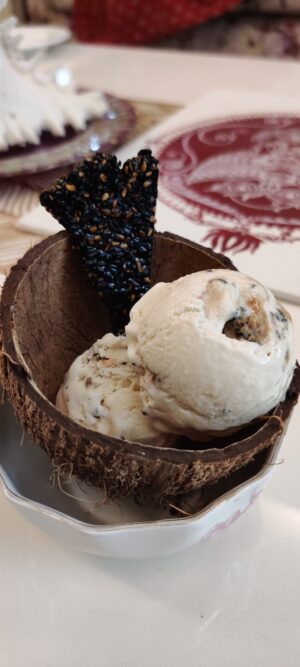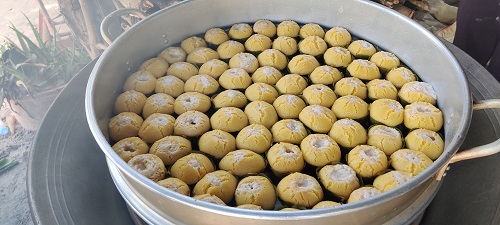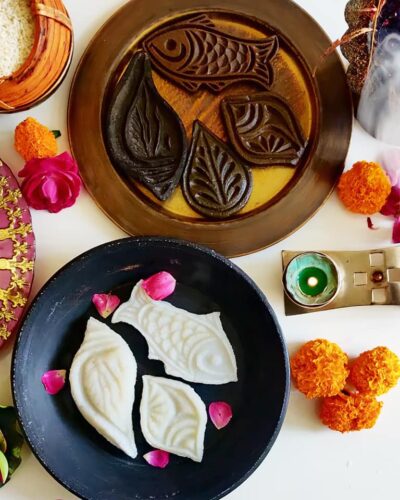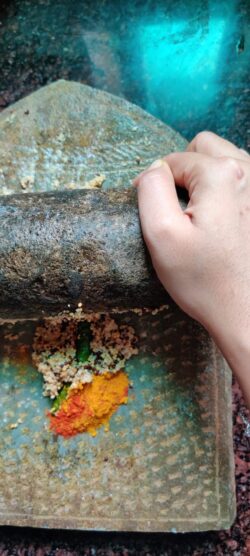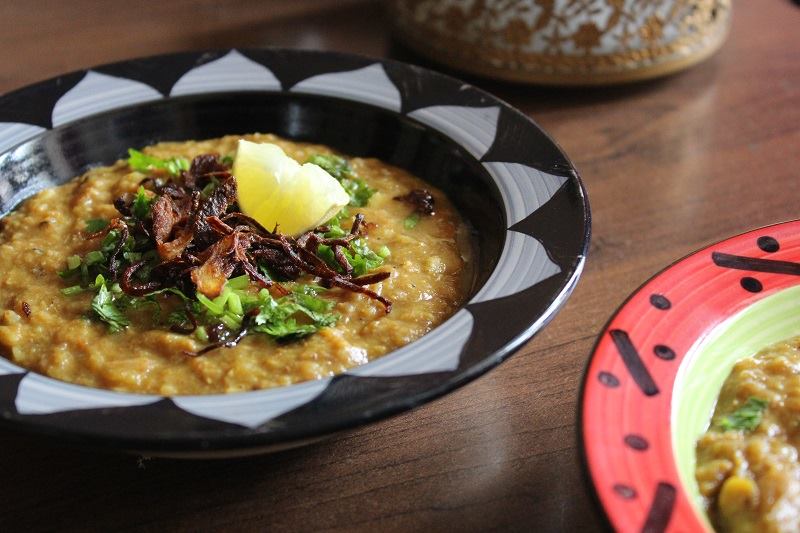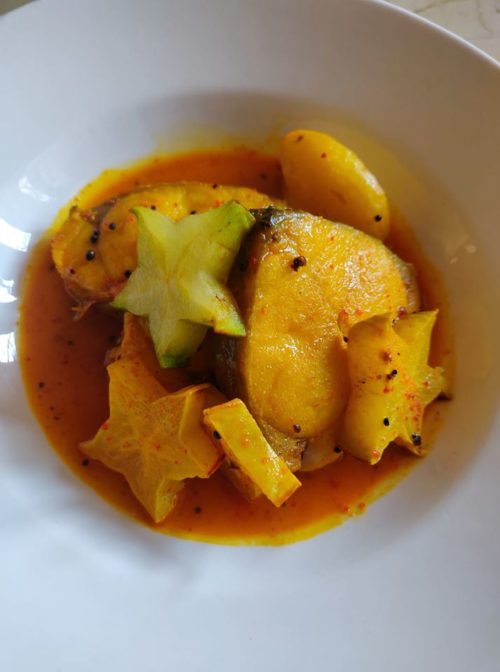
I have had a love-hate relationship with kamranga or star fruit. As a child who loved anything sour, I loved kamranga. It was sour. Juicy. Looked beautiful. This love lasted till I was in standard VIII and had jaundice! One of the things prescribed to me was glasses of star fruit juice and the raw fruit. For some strange reason, I refused to have it either ways and just proclaimed that I hated the fruit. I still can’t tell why! May be the prescriptive way of eating it felt imposing and hence repulsive. The joy was to pluck it off trees and eat it while Ma would warn that the sourness will cause throat aches. The small act of rebellion made the fruit special.
Baba’s uncle, my Dadu was a renowned homeopathic doctor in Guwahati. Loving as he was towards me, he put his weight behind me and came to my rescue. He told my parents that I do not need to eat any star fruit or star fruit juice, and the truant me got away with this tantrum. Which was pretty rare in Ma’s parenting universe!
Well, for years after that I didn’t touch a kamranga. It was only after I came to Delhi and would see the occasional ones that the men vending sweet potato chaats would have with them, that I started craving it. It reminded me of home, of Ma, of Dadu. The brain is indeed a strange organ.
Recently, I bought a few from the local supermarket. After having couple of them raw, today I made a light, soupy, slightly sour rui maachher jhol with the remaining two.
Kamranga diye maachher jhol
Rohu fish steaks: 4, about 75gms each; Kamranga or star fruit: 2; Potato: 1, medium; Black mustard seeds: 1/4 tsp; Green chillies: 2; Turmeric powder: 1 tsp + 1/2 tsp + 1/2 tsp; Red chilli powder: to taste; Salt: to taste; Mustard oil: 1 tbsp + 1 tbsp
1. Marinate the fish steaks with salt and turmeric and set aside for ten minutes.
2. Wash, peel and quarter the potato vertically to get four wedges. Cut the kamranga horizontally into 1/2 inch thick pieces.
3. Heat one tbsp of mustard oil in a wok. Lightly saute the fish on both sides, remove carefully from the wok and set aside.
4. Add the remaining mustard oil to the same wok and heat. Temper with mustard seeds and wait till the seeds splutter.
5. Add the potatoes and green chillies. Sprinkle a little salt and turmeric powder and saute till potatoes are translucent.
6. Dissolve half a tsp turmeric powder and chilli powder in a little water and add to the wok. Toss well and keep stirring over medium heat to avoid burning. Saute till the water evaporates and oil is released on the sides.
7. Add a cup of water, adjust salt, cover and cook over medium low heat till potatoes are tender.
8. Gently slide in the fish steaks and the kamranga.
9. Increase the heat to medium high, bring to a boil and cover and cook for few minutes.
10. Take off the fire, and serve with steamed rice.
Note:
The name comes from the Sanskrit word ‘karmaranga’ meaning appetizing.
While buying kamranga, look for ones that are light yellow and firm to the touch. The edges will be little brownish, and that is normal.
Kamranga is very high on vitamin C and good source of dietary fibre, vitamin A, B along with minerals like zinc, phosphorus, magnesium, sodium, iron and potassium among others. Moreover, it has high amounts of antioxidants like polyphenolic compounds, quercetin, gallic acid and epicatechin.
Do not consume it in large quantities or too often as the oxalic acid in the fruit might damage the kidney. It reportedly also has traces of neurotoxin, that might affect one if consumed daily. The fruit is not prescribed for people with kidney damage.


